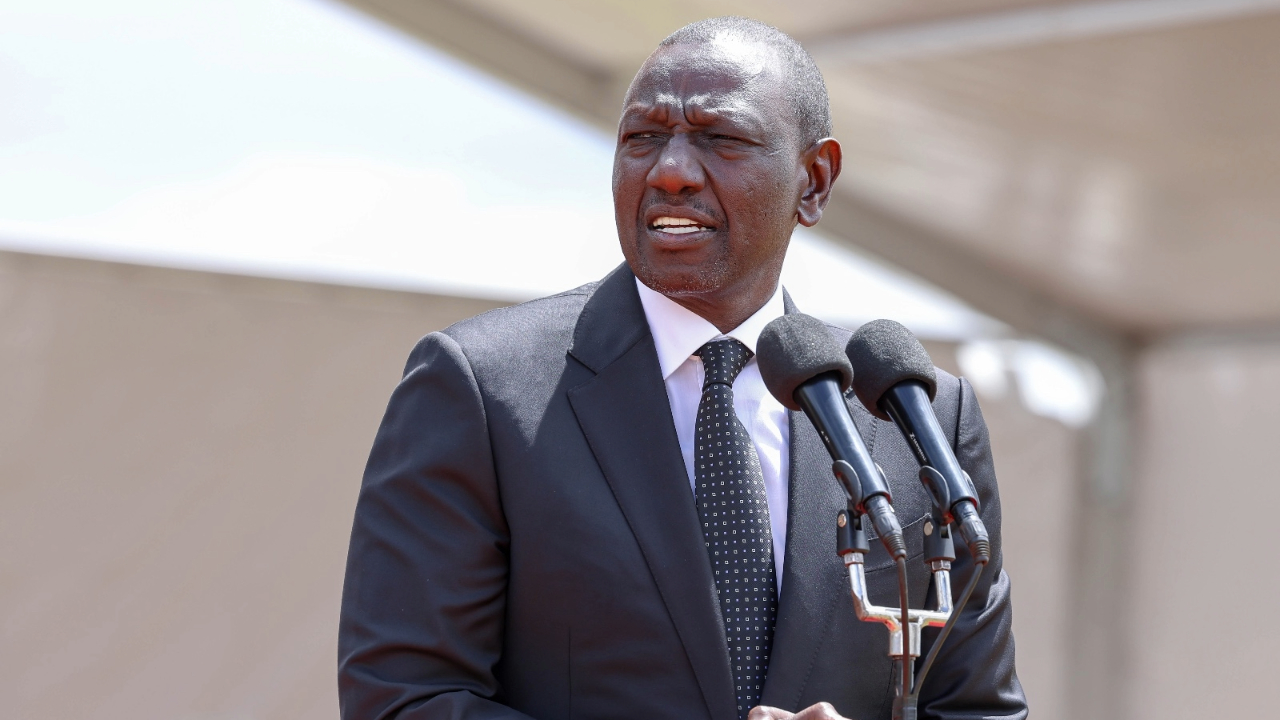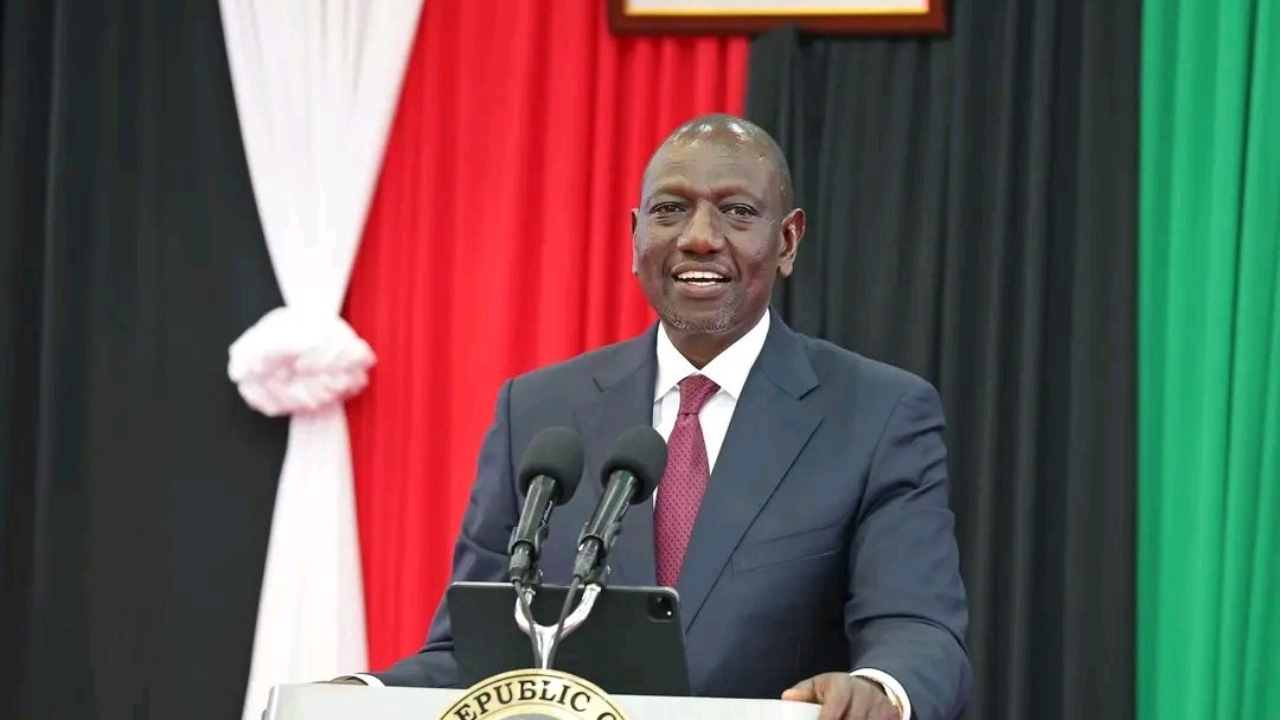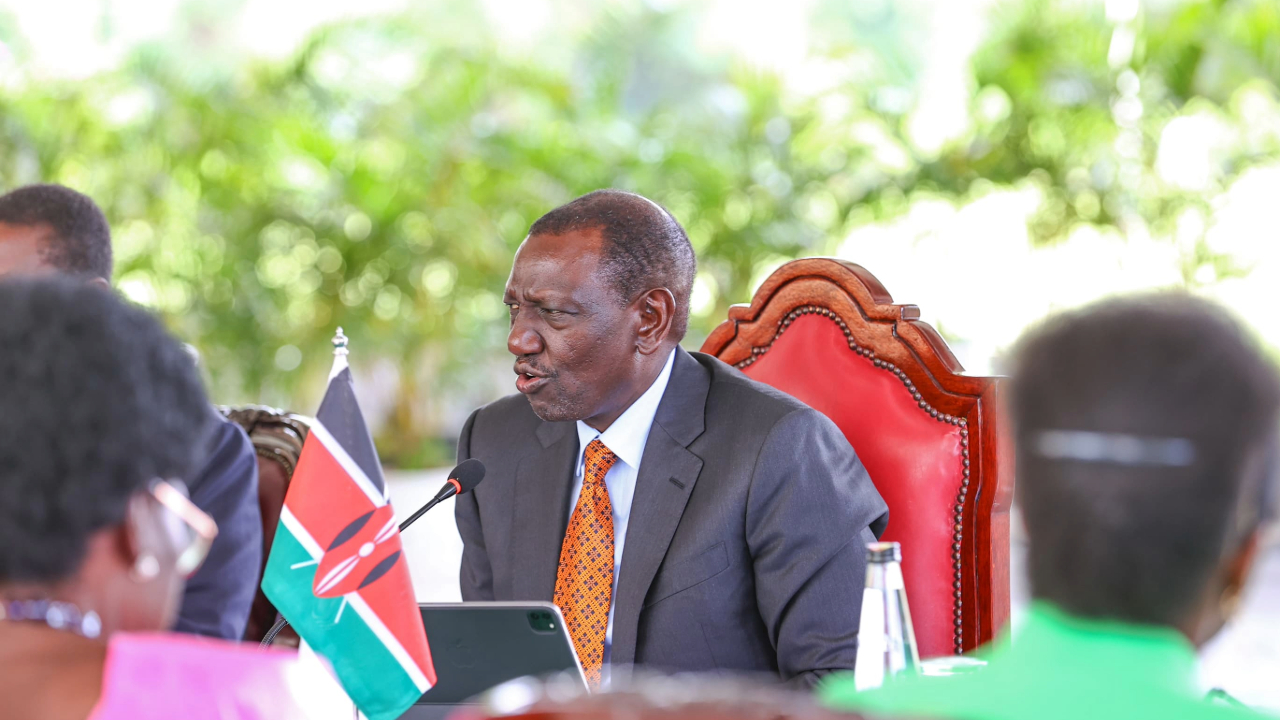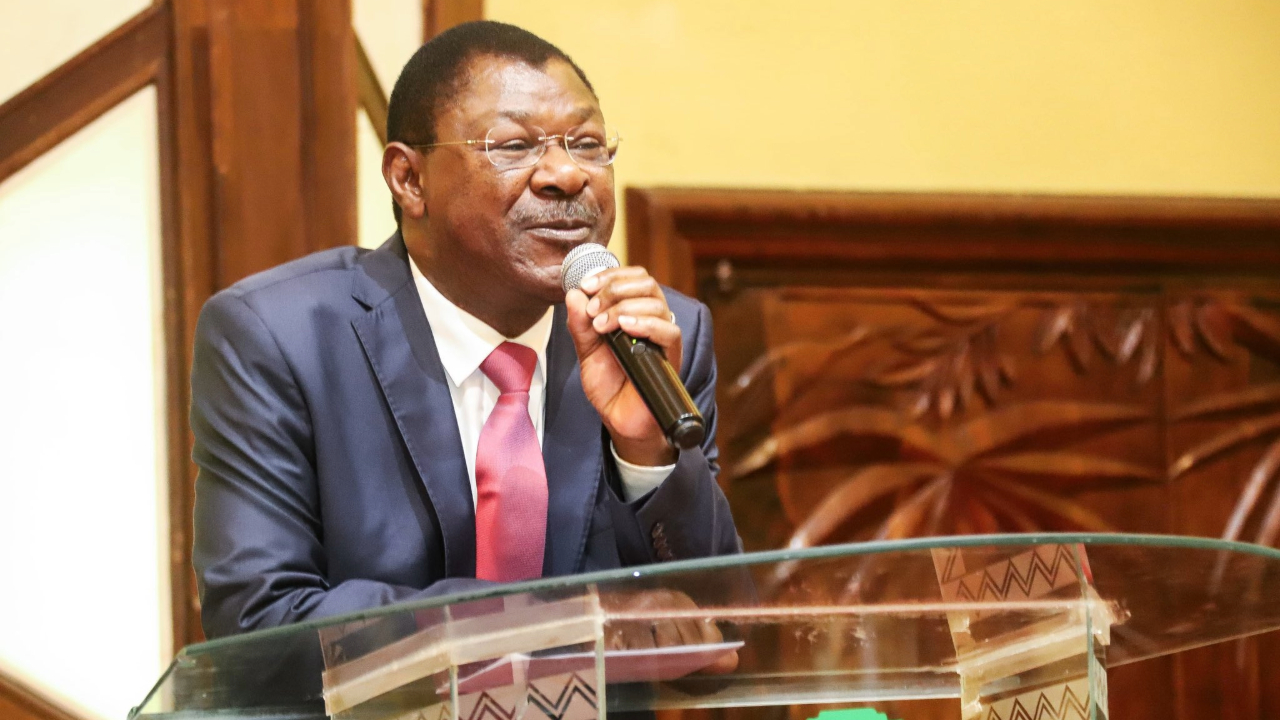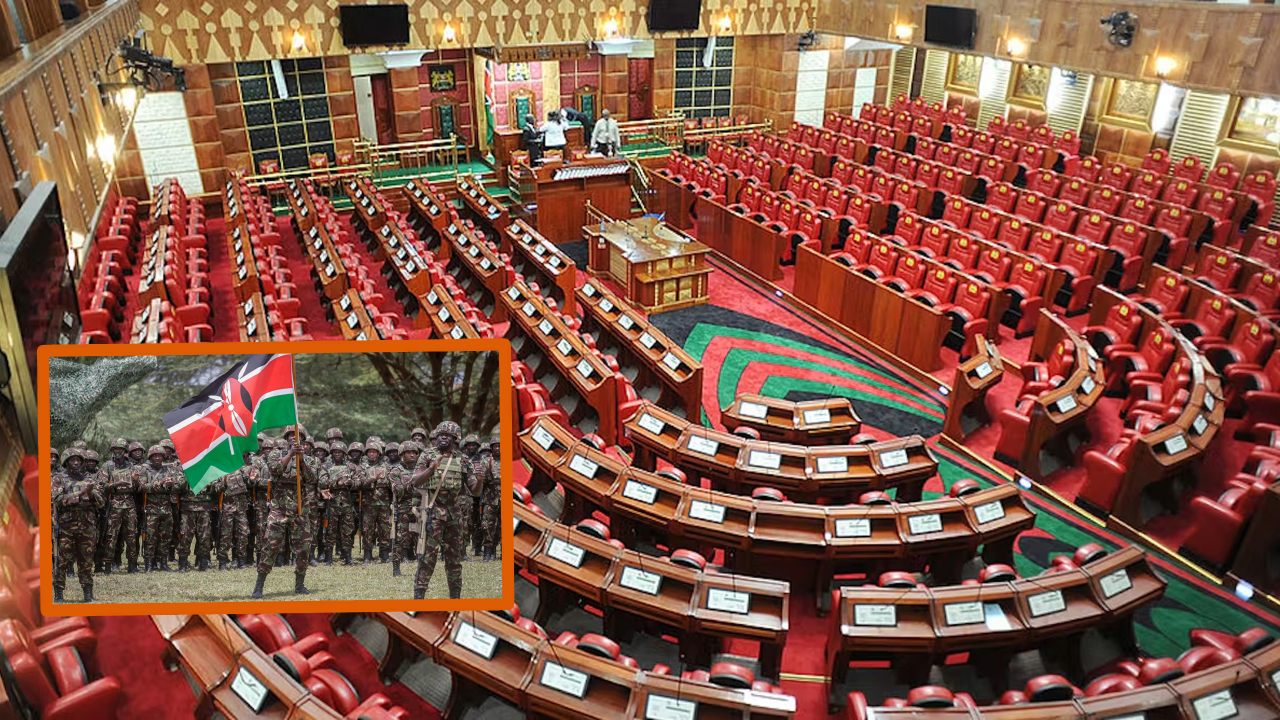President William Ruto’s Key Promises To Kenyans
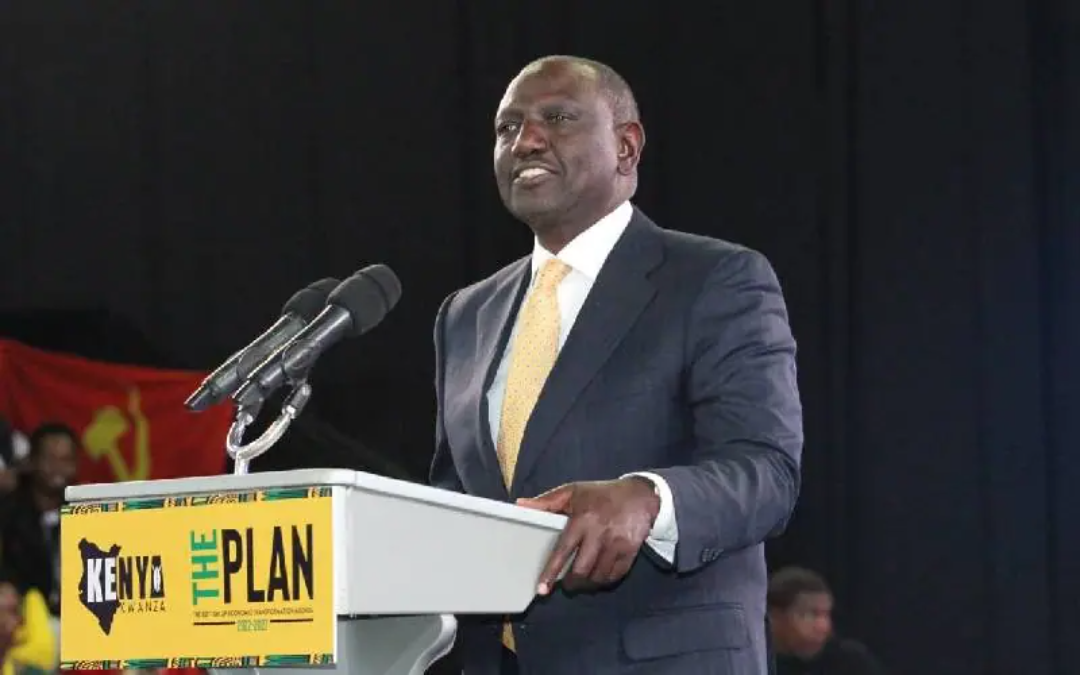
Kenya’s President William Ruto promised many things during the campaign period.
Ruto’s manifesto focused on building a stable economy, strengthening education, health, technology, building affordable houses and the agricultural sector.
Ruto has been insisting that the challenges facing Kenya at the moment deserve to be addressed very quickly and that his main goal is to strengthen the country’s economic growth, which continues to suffer the effects of Covid-19.
He has explained that he will use different approaches to strengthen the growth of the economy, different from the way things are done and involve every Kenyan in nation-building.
A growing economy with a focus on low-income people.
According to Ruto, the economic system from the high-income people down to the low-income people is not appropriate, and the best system is to focus more on the low-income people whose number is very large in Kenya compared to the high-income people.
Ruto has said that the system of economic growth that focuses on low-income people, which is well known in Kenya as ‘Bottom up’, will be implemented in the 47 counties of Kenya.
All counties will focus on the key sectors of agriculture, food access, small business growth, housing, health, technology, and innovation.
Positions for youths and women in government
Dr. William Ruto has promised to have at least 50% of women in his cabinet while promising that appointments in the public sector will comply with the two-thirds gender rule.
50 billion for small businesses
In terms of access to finance, Ruto promised to allocate 50 billion shillings every year to finance small businesses and give them 100% access to cheap money through cooperatives, savings, and loans and the availability of capital, equity funds, and long-term loans to enable businessmen to establish and promote those businesses.
Independence of the courts
And in order to strengthen the independence of the judiciary, Ruto also promised to enable the judicial department to run its activities independently without depending on the office of the president.
Recruit 116,000 teachers
In education, Ruto promised to reduce the current gap of 116,000 teachers within two financial years.
He also promised to review the current Competency-Based Curriculum (CBC), which he says has not included millions of students based on the primary education exams, by implementing alternative entry criteria.
“Our education sector is facing a lot of challenges, especially higher education. There is not enough funding.”
Ruto has made history.
Ruto has become the first deputy president in the history of Kenya to win the presidential election.
His manifesto seeks to address five key areas; Agriculture, Small and Medium Business Economy, Housing, Health Care and digital and innovative economic incentives.
